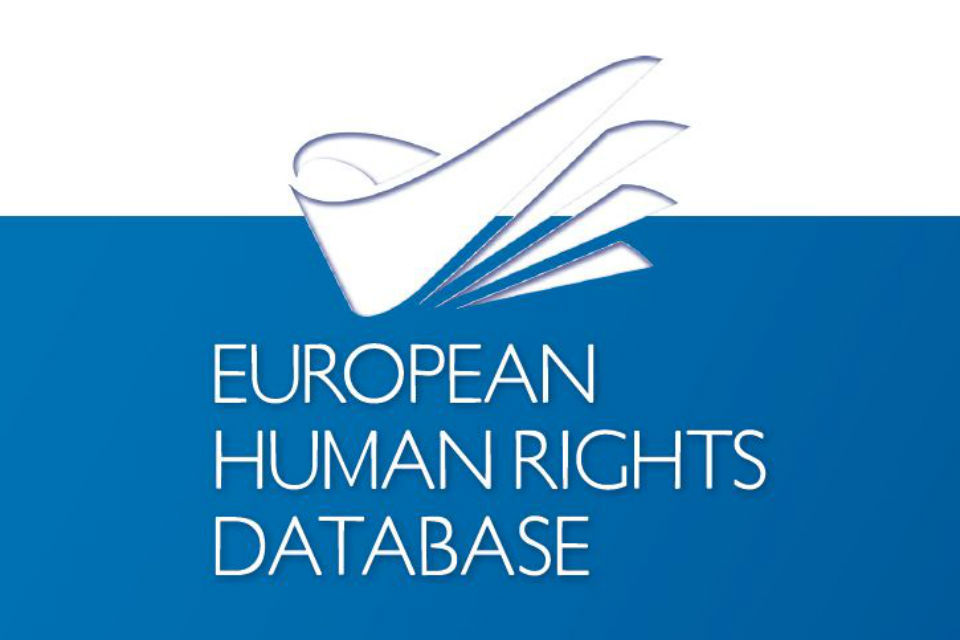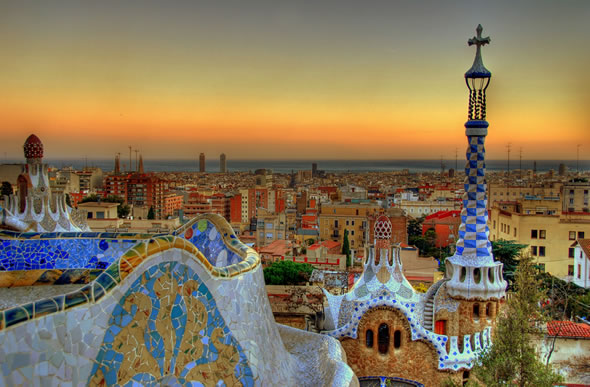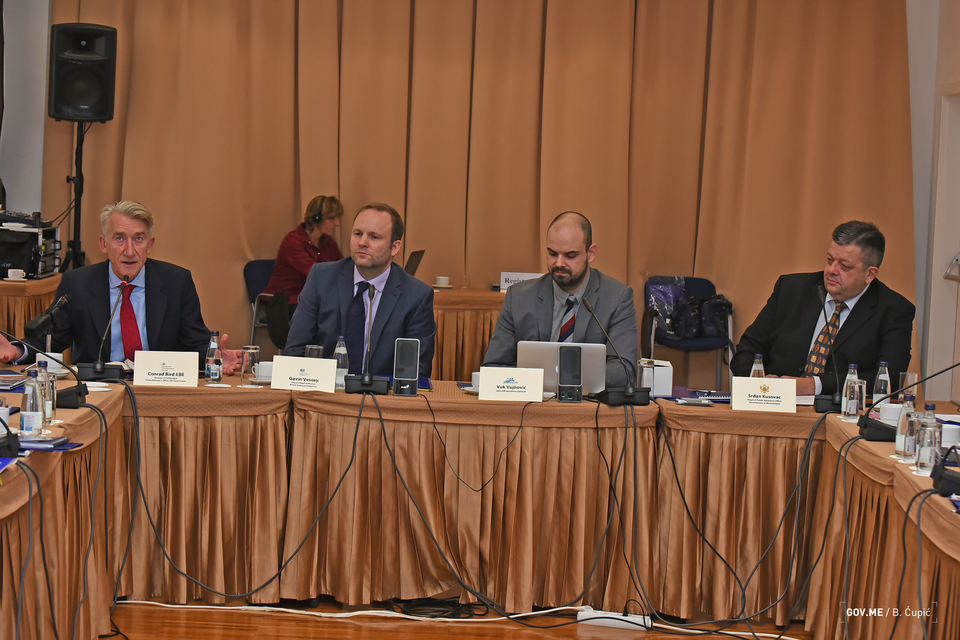Italy at risk of turning back on Brussels in favour of east Europe, tycoon warns
Italy risks shifting its alliances to eastern European countries with rightwing governments if the hard right emerges as the winning coalition in this week’s general election, industrialist tycoon Carlo De Benedetti has warned.
The country’s three rightwing parties — Giorgia Meloni’s Brothers of Italy, Matteo Salvini’s League and former prime minister Silvio Berlusconi’s Forza Italia — are widely expected to win the election. Both Meloni and Salvini have previously criticised the EU with a particular focus on the imposition of rules that they say are against the national interest.
Meloni — who aims to become Italy’s first female prime minister as leader of the coalition’s biggest party — has vowed not to backtrack on the foreign and fiscal policy stances adopted by Mario Draghi, the outgoing prime minister whose resignation in July triggered the election. He had agreed reforms with the EU to receive €200bn from the bloc’s coronavirus recovery funds.
De Benedetti, who has long been associated with the centre left and is a renowned opponent of Berlusconi, whom he has fought in court for more than two decades, said in an interview: “Meloni is too close to Hungary and Poland, and we will end up badly [as a country] if Berlusconi does not ditch the coalition.”
“Berlusconi has never doubted Italy’s EU membership and alliances. A Meloni-led government . . . will shift our alliances toward the Visegrad bloc . . . This is what most Italian entrepreneurs fail to understand,” said the 87-year-old billionaire, referring to a group of eastern European countries made up of Poland, Slovakia, Hungary and the Czech Republic.
Earlier this month, chief executives attending the Ambrosetti Forum, an economic conference in Cernobbio, asked politicians to ensure Italy’s commitment to the EU-funded €200bn recovery plan. However, beyond that specific concern, many business leaders across the country have signalled that a centre-right coalition, which has pledged to slash taxes and the cost of labour for businesses, is their preferred election outcome.
“This is a leap in the dark because this would not be a liberal centre-right government, this is a fully fledged rightwing coalition where the dominant element is Meloni,” said De Benedetti, who was also the vice-president of powerful industrial trade body Confindustria for eight years until 1992. “The business community is wrong in taking the approach that they deserve to be tested.”
De Benedetti is the publisher of pro-EU daily newspaper Domani. His family holding sold GEDI media group, the publisher of leading centre-left Italian daily La Repubblica, to the Agnelli family holding in 2020.
The tycoon has vowed to ensure his Domani publication “continues to stand out as a pro-EU progressive voice even after the election and the ascent of the right”.
Italy’s centre-left has warned that with a Brothers of Italy-led government the country could plunge back into the fascist era. Meloni, who refers to herself as a centre-right conservative, has refused to disown the fascist origins of her party.
“I don’t see the re-emergence of fascism because the country has matured, we are part of the European Union,” said De Benedetti, whose Jewish family was forced to flee Piedmont to Switzerland in 1943 after Benito Mussolini’s government implemented racial laws.
Recommended
Meloni’s rivals and sections of the Italian media claim a government led by her party would amend the constitution and roll back civil liberties. But De Benedetti said he disagrees with that prediction.
“The conditions for a return to a fascist dictatorship do not exist and [Democratic Party leader] Enrico Letta made a mistake to focus on the threat to our democracy, as opposed to discussing his policy proposals,” he said.
De Benedetti said he sees the greatest risk in the potential deterioration of Italy’s relationship with Brussels. Evoking Italy’s role in the western alliance against Russia’s invasion of Ukraine, he said: “The country we need is the one we saw represented in that photo of Draghi on a train with the leaders of France and Germany on their way to Kyiv.”
FT Live event
Join FT journalists and special guest for a subscriber-only webinar on September 27 to discuss the outcome of Italy’s watershed election

 JD Vance says he would be shocked if Trump wanted nuclear weapons in East Europe
JD Vance says he would be shocked if Trump wanted nuclear weapons in East Europe  The European Human Rights Database for South East Europe
The European Human Rights Database for South East Europe  Conference in Barcelona: The EU and South East Europe in 2008
Conference in Barcelona: The EU and South East Europe in 2008  What President Murmu Said On India Middle East Europe Economic Corridor
What President Murmu Said On India Middle East Europe Economic Corridor  International Communications Academy in South East Europe
International Communications Academy in South East Europe